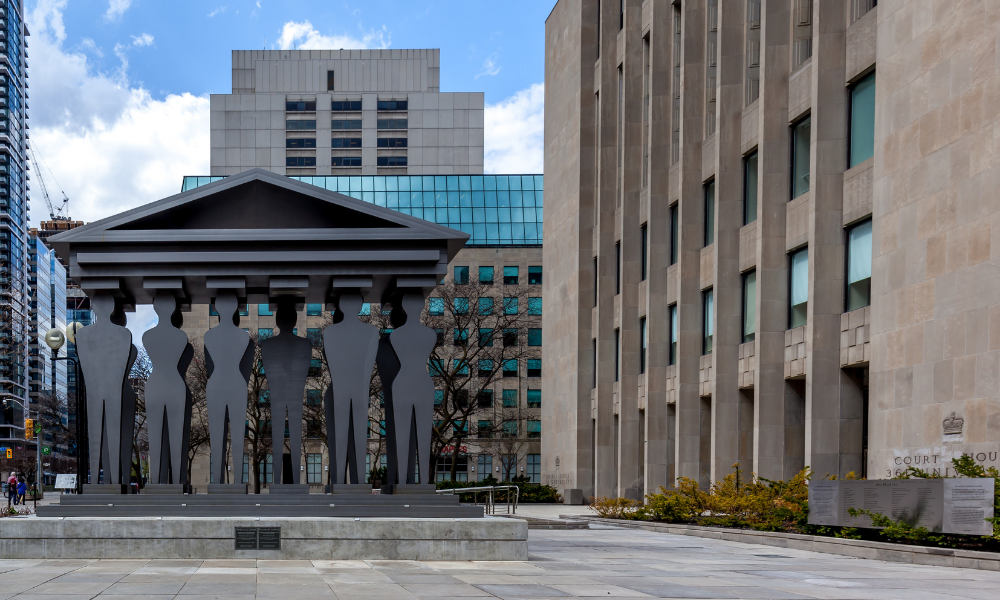
To proceed with the prosecution would undermine the integrity of the judicial process, court said

The Ontario Superior Court has granted an application for stay of proceedings after finding that the Crown improperly repudiated a plea agreement with an accused charged with sexual offences.
In 2018, the complainant told the Waterloo Regional Police Service the accused had touched her in an inappropriate and sexual manner, sometime between January 2000 and December 2001. She said her recollection of the incident had been “repressed,” and that she could no longer repress the memory after the accused made an inappropriate comment to her at a wedding in 2018. As a result, the accused was charged with sexual assault and sexual interference.
The Crown and the accused entered into a plea agreement to resolve the matter. In accordance with the terms of the agreement, the accused agreed to apply for a peace bond and to undergo counselling. In June 2020, the Crown rescinded the plea agreement and proceeded with the charges.
In his application, the accused asked the court for a stay of proceedings, contending that the Crown, in repudiating the plea agreement, inappropriately suborned the public interest to the complainant’s personal agenda. The Crown argued that there was no abuse of process and that the repudiation was in accordance with new information and reassessment of the charges.
In its decision, the court ruled that the decision to repudiate the plea agreement was tainted by the Crown’s conduct, specifically insofar as it suborned its public duty to the complainant’s personal agenda, such that it would be unfair or oppressive to allow the Crown to proceed with the prosecution.
The court found that during her interview with a Crown attorney, the complainant expressed her desire for a plea deal and dictated the terms that she wished to be included in the deal. The complainant asked the Crown attorney whether she could direct the police to obtain a warrant and undertake further investigation into the accused to find more evidence, the court added.
The court also learned that the complainant declined to take part in the peace bond hearing and insisted that she preferred to proceed with the trial for the purpose of confronting the accused with the allegations in front of his family. The court determined that the complainant merely used the public prosecution to unduly advance her personal agenda − to see the accused publicly confronted − irrespective of whether there was any prospect of proving such allegations beyond a reasonable doubt.
The Crown contended that the assigned attorney initially thought that the word “repressed” in the police statement meant that the complainant’s memory was absent for long years and then returned in a foggy state. It was only during their conversation that the attorney learned from the complainant that the word “repressed” pertained to her act of actively pushing a memory to the back of her mind, having it present the entire time, the Crown added. Armed with the new information with the complainant’s explanation of the word “repressed,” the Crown re-assessed the strength of the case and subsequently repudiated the agreement.
The Court disagreed, stating that there was no new information to speak of. In fact, the Crown attorney acknowledged that there was no new information in her phone call with the complainant. This proved that the Crown was merely induced by the difficult and insistent complainant into repudiating the plea agreement, the court explained.
“As mentioned, it was the complaint who drove this process and the Crown acted like her personal lawyer and neglected her duties as a minister of justice. I tend to agree with the [accused] that the violation is patent and clear, and the preferable course is to deal with the matter prior to trial,” the court concluded.